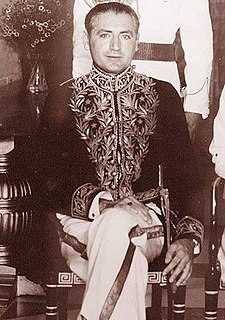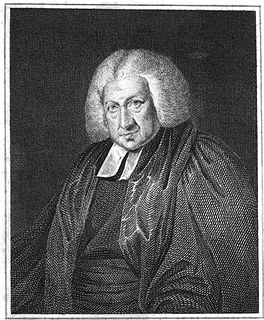A Quote by Joseph Jacobs
The first glimpse that we have of the notions which the Greeks possessed of the shape and the inhabitants of the earth is afforded by the poems passing under the name of Homer.
Related Quotes
The ancients had little doubt about the true shape of the earth: "It's [the world's] shape has the rounded appearance of a perfect sphere. This is shown first of all by the name of 'orb' which is bestowed upon it by the general consent of mankind. ...Our eyesight also confirms this belief, because the firmament presents the aspect of a concave hemisphere equidistant in every direction, which would be impossible in the case of any other figure."
So what rhyming poems do is they take all these nearby sound curves and remind you that they first existed that way in your brain. Before they meant something specific, they had a shape and a way of being said. And now, yes, gloom and broom are floating fifty miles away from each other in you mind because they refer to different notions, but they're cheek-by-jowl as far as your tongue is concerned. And that's what a poem does. Poems match sounds up the way you matched them when you were a tiny kid, using that detachable front phoneme.
The surface of the earth is not simply a stage on which the thousands of present and past inhabitants played their parts in turn. There are much more intimate relations between the earth and the living organisms which populated it, and it may even be demonstrated that the earth was developed because of them.
What I tried to show is that this idea of this fundamental conflict between savagery and civilization goes back to the very beginnings of Western history. I go back to the Greeks, I go back to the Romans. You can read Homer. And of course Homer has his great heroes involved in this myth, this wonderful mythic contest with savage tribal peoples, half-human monsters on distant parts of the world.
The first piece of 'long' fiction I wrote was a novella parody of Stephen King's 'Christine.' I was in high school, and my version was about a kid with a possessed locker instead of a possessed car. It was also my first attempt at humour, which fell completely flat because no one who read it realized it was a parody!
In Advance of All Parting is a tough, unsentimental examination of marital grief. Musically elegant and inventive, understated and passionate, the poems give us a profound glimpse into how the events of a life can form a center of gravity that fixes the self in its force field. Theres a cold, truth-telling clarity about them that makes them as unsettling as they are beautiful. Ansie Baird has created a richly-drawn world in which this elemental drama plays out, and the result is vivid, startling poems in which pain has left its indelible tracks.








































